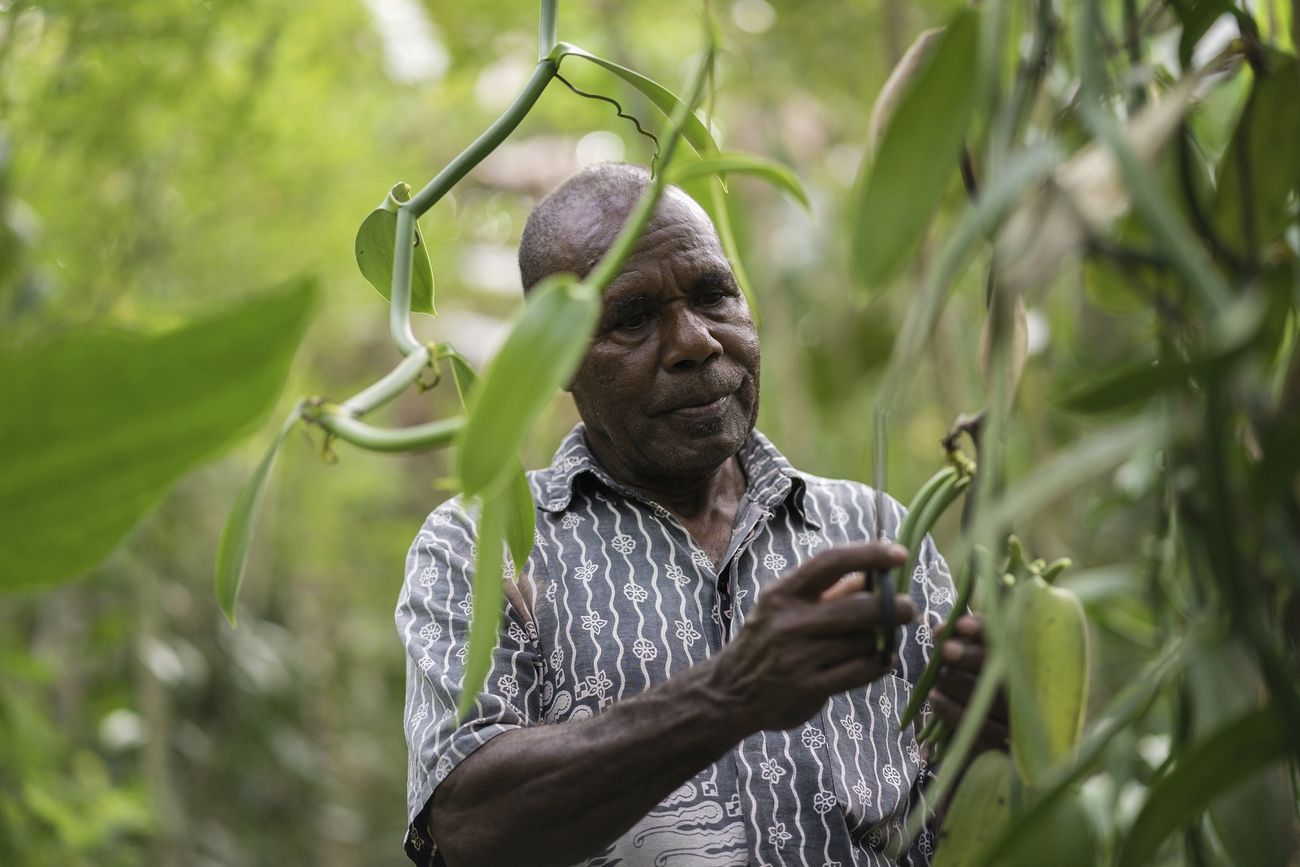Cocoa is one of the most traded commodities in the world, with a global market value of around $100 billion. However, the cocoa trade has long faced issues such as supply chain opacity, human rights abuses, and environmental degradation. The rise of blockchain technology and NFTs (Non-Fungible Tokens) offers a potential solution to these challenges, by increasing transparency, traceability, and accountability throughout the cocoa supply chain. In this article, we will provide a practical guide on how to apply NFTs to cocoa import and export trade, along with sample code for Ethereum.
- Traceability and Authenticity
To ensure that cocoa beans are of high quality and ethically sourced, each batch can be assigned a unique NFT on the Ethereum blockchain. The NFT can store information such as the farm it came from, the harvest date, the processing method, and the quality grade. Here’s an example of how to create an NFT for cocoa traceability:
pragma solidity ^0.8.0;
import "@openzeppelin/contracts/token/ERC721/ERC721.sol";
contract CocoaToken is ERC721 {
constructor() ERC721("CocoaToken", "COCOA") {}
function mint(address _to, uint256 _tokenId, string memory _cocoaInfo) public {
_mint(_to, _tokenId);
_setTokenURI(_tokenId, _cocoaInfo);
}
}
- Supply Chain Transparency
NFTs can be used to increase supply chain transparency, allowing buyers and sellers to track the movement of cocoa beans and products throughout the supply chain. For instance, a cocoa farmer can create an NFT contract that outlines the terms of the trade, including the price, delivery dates, and other important details. Here’s an example of how to create an NFT contract for cocoa trade:
pragma solidity ^0.8.0;
import "@openzeppelin/contracts/token/ERC721/ERC721.sol";
contract CocoaContract is ERC721 {
constructor() ERC721("CocoaContract", "COCOA") {}
struct CocoaBatch {
address seller;
address buyer;
uint256 price;
string deliveryDate;
string otherDetails;
}
mapping (uint256 => CocoaBatch) public cocoaBatches;
function sellCocoa(uint256 _tokenId, uint256 _price, string memory _deliveryDate, string memory _otherDetails) public {
require(_isApprovedOrOwner(msg.sender, _tokenId), "Not owner or approved");
CocoaBatch memory newBatch = CocoaBatch(msg.sender, address(0), _price, _deliveryDate, _otherDetails);
cocoaBatches[_tokenId] = newBatch;
}
function buyCocoa(uint256 _tokenId) public payable {
CocoaBatch storage cocoaBatch = cocoaBatches[_tokenId];
require(msg.value == cocoaBatch.price, "Incorrect price");
cocoaBatch.buyer = msg.sender;
_transfer(cocoaBatch.seller, cocoaBatch.buyer, _tokenId);
}
}
- Fair Trade
NFTs can support fair trade practices by ensuring that cocoa farmers are paid fairly for their beans. Farmers can create an NFT contract that outlines the terms of the trade, including the price, delivery dates, and other important details. Here’s an example of how to create an NFT contract for fair trade cocoa:
pragma solidity ^0.8.0;
import "@openzeppelin/contracts/token/ERC721/ERC721.sol";
contract FairTradeCocoa is ERC721 {
constructor() ERC721("FairTradeCocoa", "COCOA") {}
struct CocoaBatch {
address farmer;
address buyer;
uint
price;
uint256 fairPrice;
string deliveryDate;
string otherDetails;
bool isPaid;
}
mapping (uint256 => CocoaBatch) public cocoaBatches;
function sellCocoa(uint256 _tokenId, uint256 _price, uint256 _fairPrice, string memory _deliveryDate, string memory _otherDetails) public {
require(_isApprovedOrOwner(msg.sender, _tokenId), "Not owner or approved");
CocoaBatch memory newBatch = CocoaBatch(msg.sender, address(0), _price, _fairPrice, _deliveryDate, _otherDetails, false);
cocoaBatches[_tokenId] = newBatch;
}
function buyCocoa(uint256 _tokenId) public payable {
CocoaBatch storage cocoaBatch = cocoaBatches[_tokenId];
require(msg.value == cocoaBatch.price, "Incorrect price");
cocoaBatch.buyer = msg.sender;
cocoaBatch.isPaid = true;
cocoaBatch.farmer.transfer(cocoaBatch.fairPrice);
_transfer(cocoaBatch.farmer, cocoaBatch.buyer, _tokenId);
}
Conclusion
The cocoa trade faces many challenges, including opacity, human rights abuses, and environmental degradation. NFTs offer a potential solution to these challenges by increasing transparency, traceability, and accountability throughout the cocoa supply chain. With NFTs, cocoa farmers can create contracts that outline the terms of the trade, including the price, delivery dates, and other important details. Buyers and sellers can track the movement of cocoa beans and products throughout the supply chain, ensuring that they are ethically sourced and of high quality. By using NFTs, the cocoa trade can become more transparent, fair, and sustainable, benefiting farmers, consumers, and the environment.
